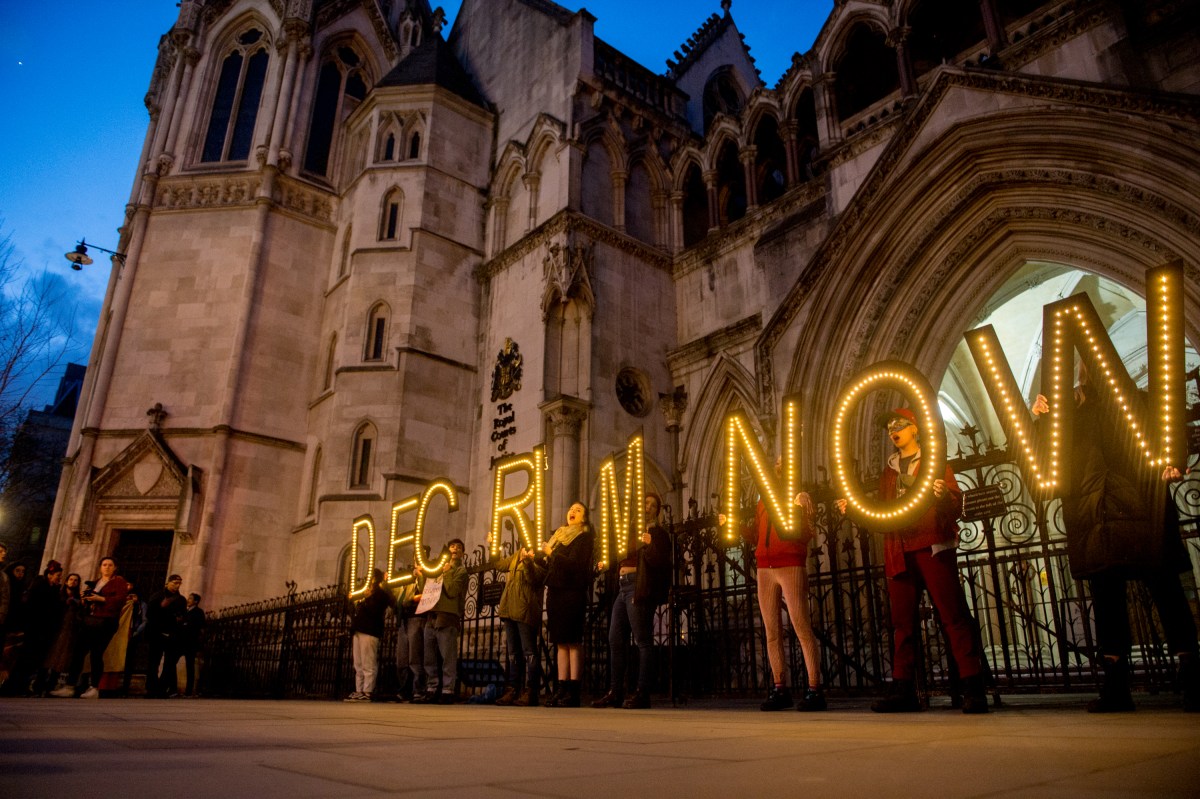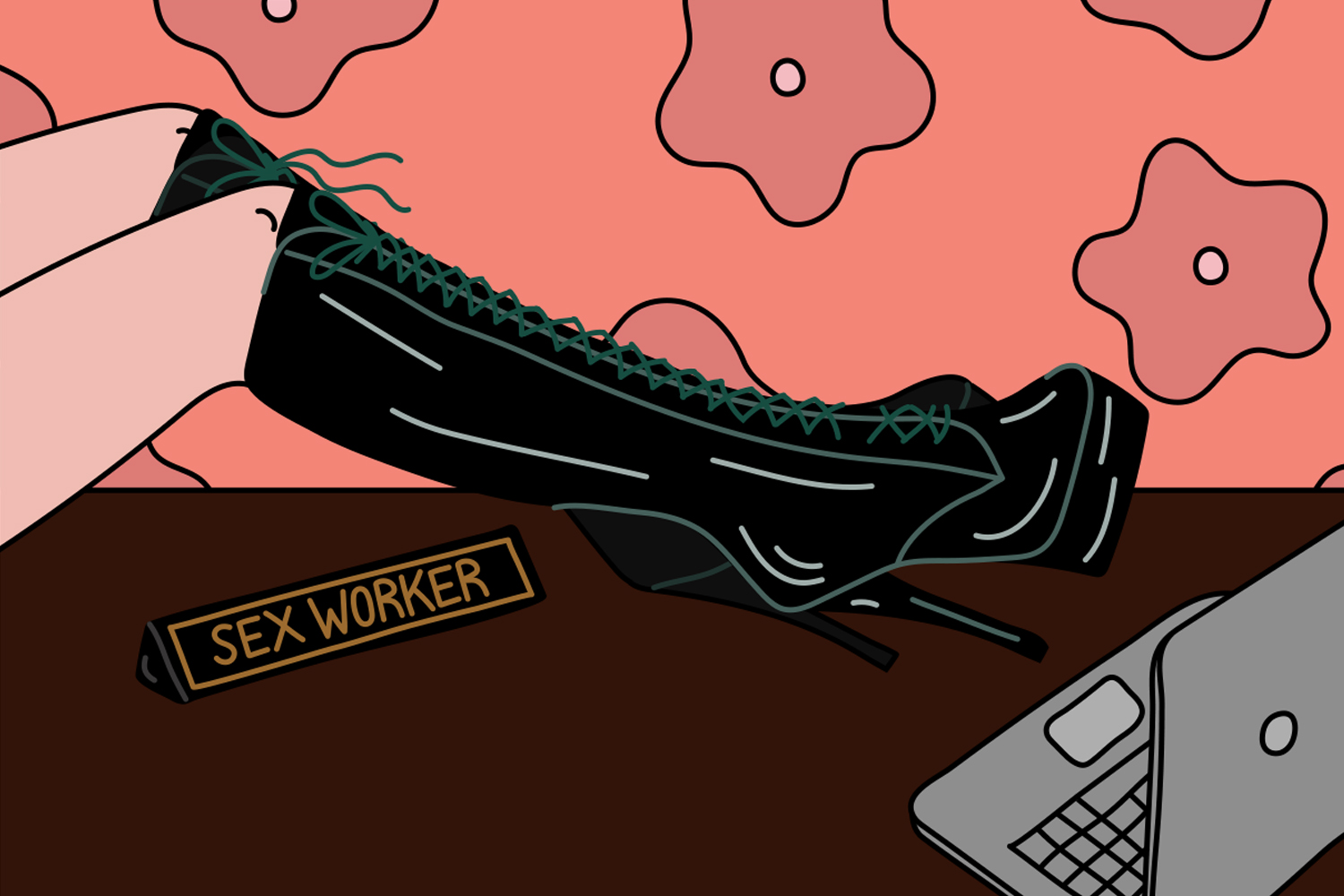A new bill claiming to “decriminalize” sex work in New York is expected to be introduced in the state senate this week, the New York Post reported Monday morning. While this may sound like a win for sex workers and sex workers’ rights advocates, not everyone is thrilled with the news.
The bill announced by Senator Liz Krueger represents partial decriminalization only, decriminalizing the practice for sex workers but keeping the purchase of sex illegal for buyers. The bill would also keep other aspects of the sex trade illegal, such as pimping and brothels. As writer Erin Taylor was quick to point out on Twitter, this approach to sex work legislation, referred to as the “equality model” by the Post, is actually reminiscent of the Nordic model, which has long been controversial among sex workers.
The Nordic model approach to sex work legislation is a form of partial decriminalization that attempts to decrease the demand for sex work by penalizing buyers only. Not only does such an approach advance an anti-sex-work agenda that seeks to discourage and ultimately eliminate sex work, but, as Taylor pointed out on Twitter, leaving any aspect of the sex trade illegal still puts sex workers in danger.
“It still criminalizes managed spaces which criminalizes workers,” wrote Taylor. “This doesn’t help people in abusive work environments.”
According to Taylor, in addition to leaving sex workers in danger of partial criminalization through clients or work in managed spaces such as brothels, the Nordic model also leads to other issues including housing insecurity, inability for sex workers to work in pairs for safety, and myriad other dangers that threaten the lives and livelihoods of sex workers. “The people pushing this [bill] don’t care about the end results,” Taylor continued. “They have an industry and the main goal is to have sex workers dead and make money.”
Moreover, in addition to the very real danger in which the Nordic model leaves the sex workers it purports to protect, the language surrounding Krueger’s bill leans heavily on anti-trafficking rhetoric, which has become an increasingly common and dangerous tool among sex work prohibitionists.
“Finally we are recognizing that the sex trade is not a safe place for our community and we are recognizing that surviving is not enough,” Cristian Eduardo, a sex and labor trafficking survivor who helped create the bill, told the Post. “This bill was created by listening and believing [in] survivors, that is what the amazing part of this is. In other spaces, a lot of times survivors of the sex trade, survivors of human trafficking, survivors of prostitution, they are not listened to… we need a rite of change in the criminal justice system and how to achieve that in a policy way is by listening to survivors.”
By referring to all sex workers as “survivors of the sex trade,” such language and legislation conflates sex work with sex trafficking, completely ignoring the reality of consensual sex work performed by professionals who have entered and remain in the industry willfully. As sex workers and sex workers’ rights advocates have argued for years, such conflation is dangerous for both sex workers and sex trafficking survivors, and has become an increasingly popular weapon among prohibitionists pushing for an end to sex work.
Ultimately, New York’s new bill seems to represent a prime example of anti-sex work activism disguised as pro-sex work activism. The so-called “equality model” is, as activist Carol Fenton put it, a simple American “rebranding of the Nordic Model to sell harm and death,” and is obviously “NOT decriminalization of anything.”
The bill is also a slap in the face to supporters of competing legislation pushing for full decriminalization introduced by Senator Julia Salazar and Assemblyman Richard Gottfried in 2019.
“When we put forth a legitimate bill for decrim NY State let it die,” Taylor continued on Twitter, “but then they entertain horrible bills like this that will get people killed.”
As Taylor put it, partial decriminalization is nothing more than partial criminalization. Don’t be fooled.
Whether you’re looking to get into shape, or just get out of a funk, The Charge has got you covered. Sign up for our new wellness newsletter today.

















